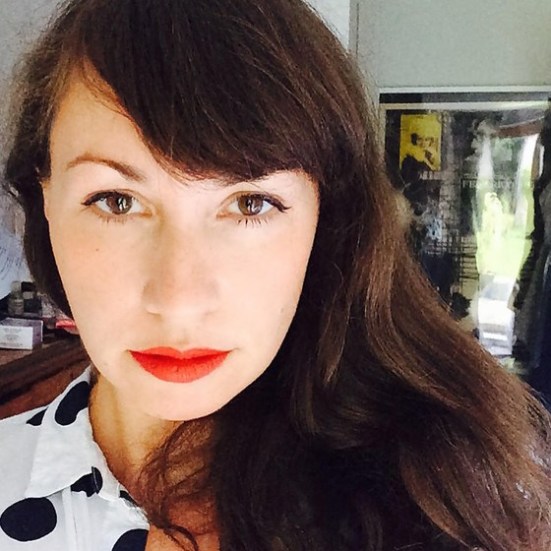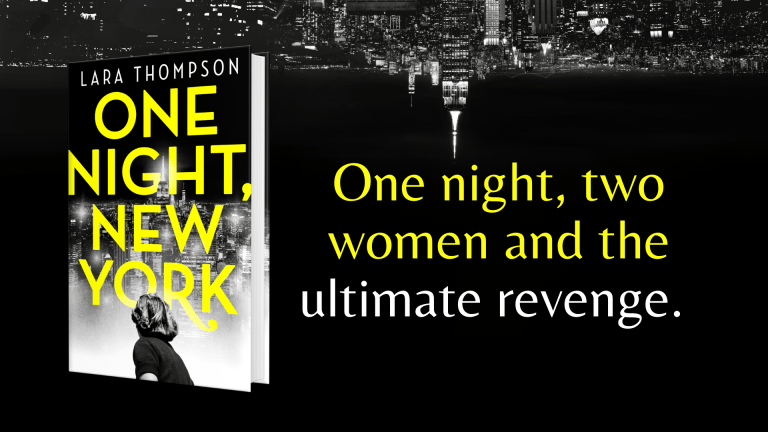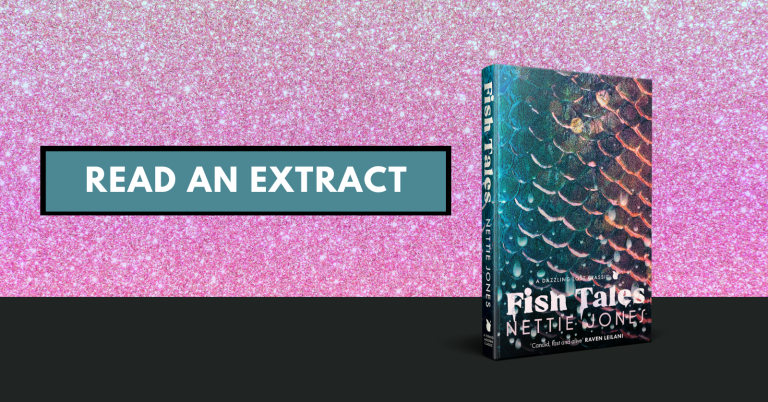Lara Thompson on winning the first Virago/The Pool New Crime Writer Award


Lara Thompson talks Vietnamese food, secret writing and how it felt to win the first ‘Virago/The Pool New Crime Writer Award’.
I was in my favourite Vietnamese restaurant, alone, with a spring roll poised between my lips and the plate, when I found out I’d won. Most of the day until that point had been spent around the corner in a Covent Garden coffeeshop lesson-planning for one of the film modules I teach at Middlesex University – should I show my first years 2001: A Space Odyssey or The Dark Knight in week six? Three Colours: Blue or The Wizard of Oz in week seven? The Vietnamese had been a last-minute, I-need-a-proper-break treat. With the spring roll in one hand I scrolled through new emails with the other. A sender popped up that rang a bell, but that I couldn’t place: Sarah Savitt. The title and first line drew my eyes wide: ‘Virago/The Pool New Crime Writer Award’. ‘Dear Lara, I’m delighted . . .’
Life doesn’t change very often in an instant. When it does, it happens as much in random places like Vietnamese restaurants as it does in hospitals and churches.
Life doesn’t change very often in an instant. When it does, it happens as much in random places like Vietnamese restaurants as it does in hospitals and churches. It sounds strange, but I didn’t open the email. I couldn’t. The contents had the potential to change everything. Instead I rang my husband and shouted at him down the phone – ‘I think I’ve won! I think I’ve WON!!’ Somehow he managed to decipher what I was talking about and said, ‘I think it might be a good idea to open the email. Maybe you haven’t won, maybe you’re a runner up. Read it and ring me back.’ So I read it. Fifteen times. And I really had won, and I rang him back and cried. And while everything didn’t change, in that moment, I did. A contract with Virago, a publishing house I have loved since I began to read; their authors, amongst the greatest – Angelou, Atwood, Highsmith, Waters. Mentoring from the wonderful writer Jill Dawson. But (almost) more important than that – the judges liked my writing. Someone (who didn’t already love me by blood or design) thought that thing I’d been doing in secret for a decade was actually worthwhile. That I was writing something other people might like to read. I have no idea what my fellow diners thought was going on. I know I must have been red-faced. I know I was talking too loudly on the phone. I know I was shaking, my eyes casting wildly around, desperately wishing there was a good friend sitting opposite me who I could tell. Someone to hug. Someone who would understand what this meant.
Until I got that email, the truth is I’d forgotten I’d entered the competition. Between May when I submitted just before the deadline and September there’d been holidays and birthdays and work. Highs and lows. Happiness and despair. Life had intervened. I’d had the idea for One Night, New York more than six months before. I’d been attending City Lit writing classes on Friday mornings with a supportive, eclectic group of like-minded ‘intermediate’ writers of all ages. With the help of our fantastic teacher Christina Dunhill (if you can get on her course, sign up now) we polished our dialogue skills and use of imagery and critiqued each other’s work and drank a lot of coffee. I loved it. Christina’s reminder that I must always vary the length of my sentences to keep the writing lively is a tip I will take to my grave.
At the same time, for a separate work project, I’d been researching the American photographer Berenice Abbott and had come across her famous 1930s city-scape Nightscene, New York. The photograph, taken from the top of the Empire State Building, of illuminated skyscrapers emerging from sprawling tenements, seemed to sum up America in an instant. Rich and poor, visionary and exclusive, luminous and apocalyptic. When I realised Abbott could only have taken that photo at a single time because of the necessary combination of electricity and fading light – the winter solstice, 1932, between 4 and 5pm – and that she’d bribed the guard to get to the top of the building, I was amazed. The story was too good. I knew I wanted to write about it, but that I didn’t want to base it on a real person. Too restrictive, too messy, too personal. Instead I began to imagine a second woman on top of the building with the first. I wondered who they were – friends, sisters, lovers? And why they might be up there together – an illicit affair, a suicide pact, a murder? From that single image, with the support of my writing class, those early scenes were lit and One Night, New York emerged from the darkness.
From that single image, with the support of my writing class, those early scenes were lit and One Night, New York emerged from the darkness.
And so, as I was saying, while everything didn’t change when I won the competition – I still need to work out which films to show my students, I still enjoy eating spring rolls in my favourite Vietnamese restaurant, I still shout at my husband on the phone – I did. I am not who I was before the email. Writing is a confidence trick. It’s about enjoying the exhilaration of finally placing the right words in the right order and enduring the agony of the blank page without admitting defeat. It’s about reaching out to others, while always being alone. Before I won, my confidence was wearing thin. It’s a hard trick to master. Now, with the email from Sarah at Virago saved at the top of my inbox, I can feel a hand on my shoulder as I write, a voice in my ear in the silence. ‘You can do it. It’s good. Keep going.’ And I know now, whatever happens next, I’ll never give up.
— Lara Thompson, September 2017
Click here to read an extract from Lara’s upcoming novel One Night, New York.





